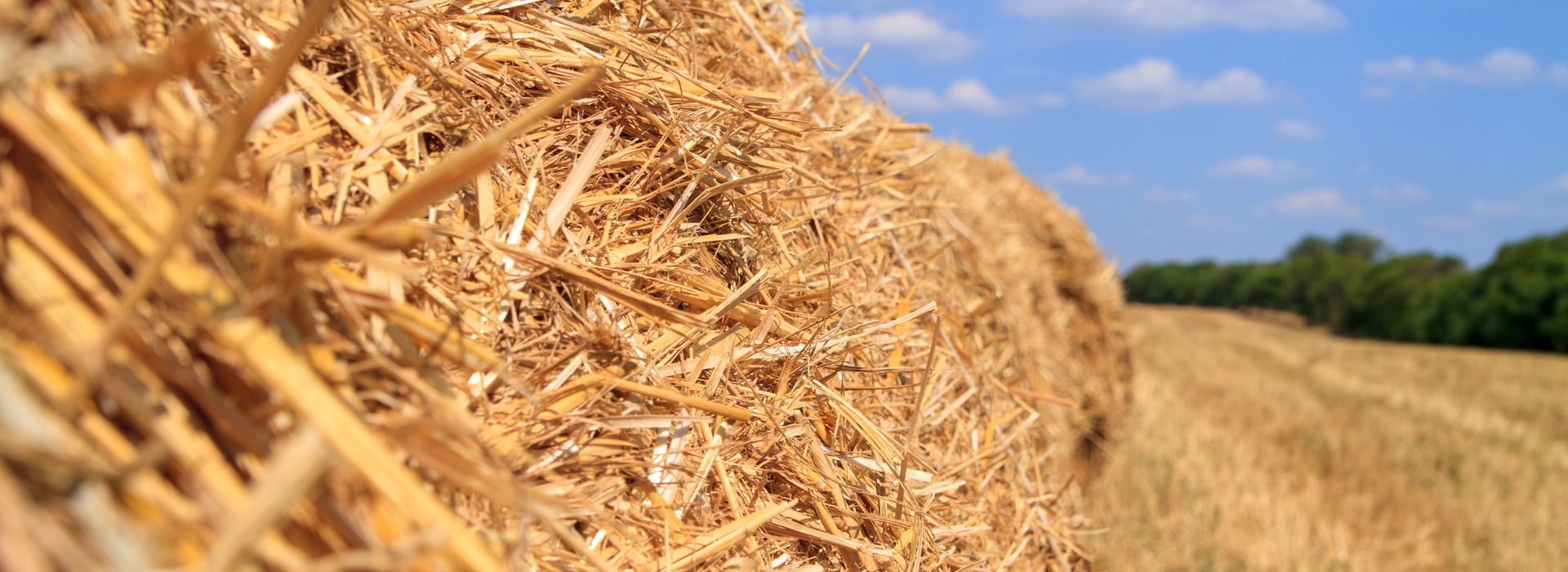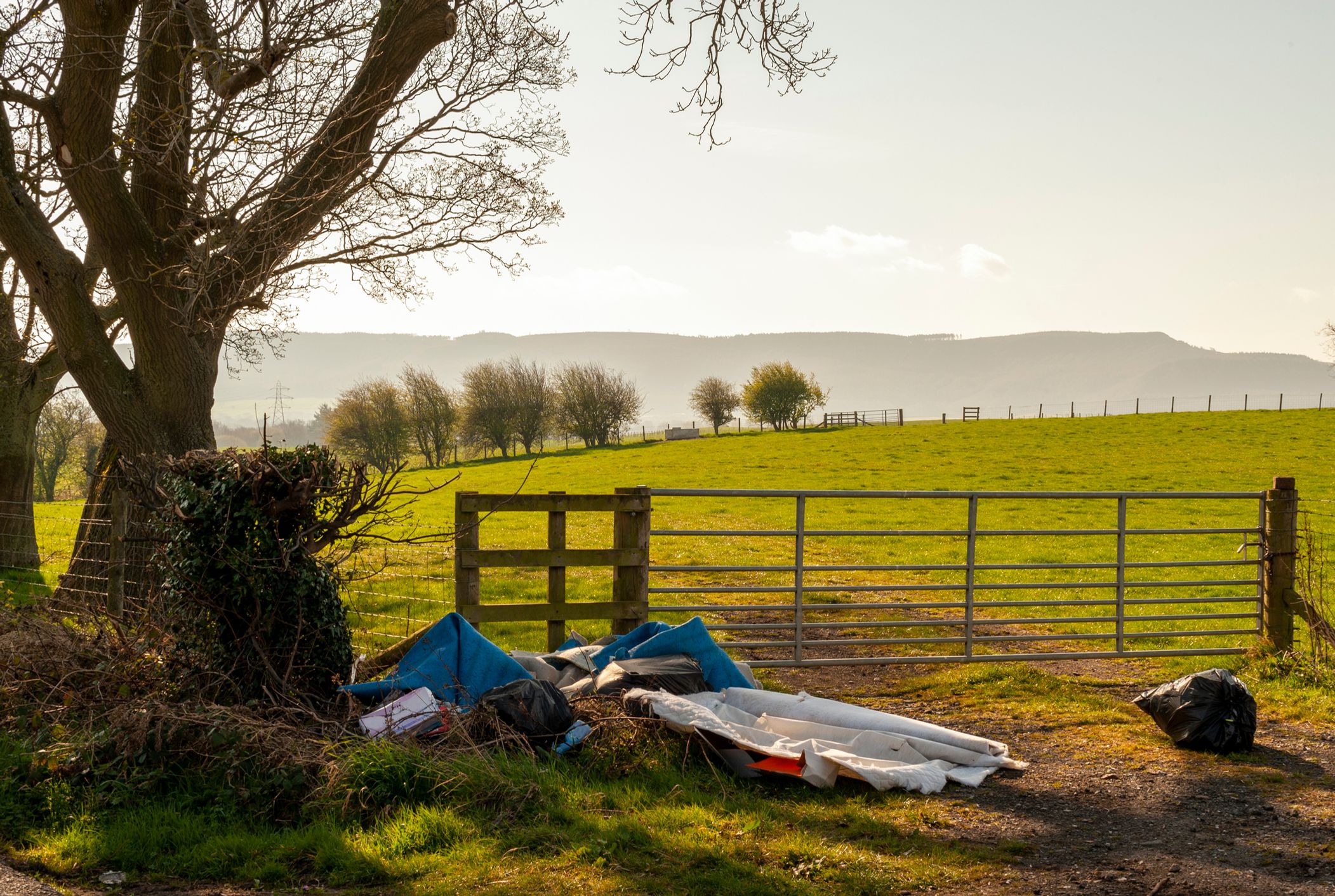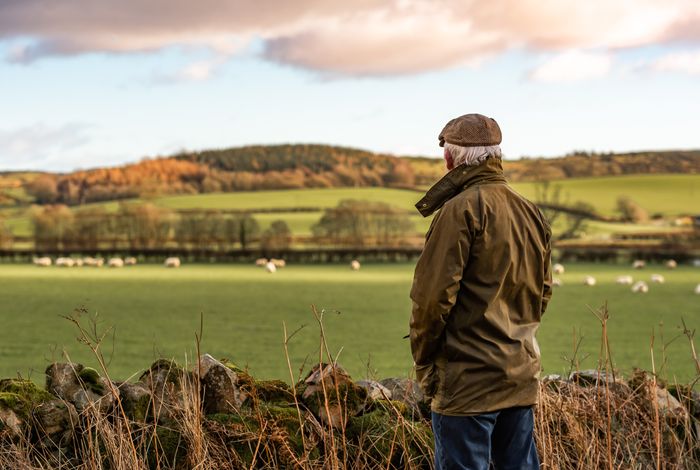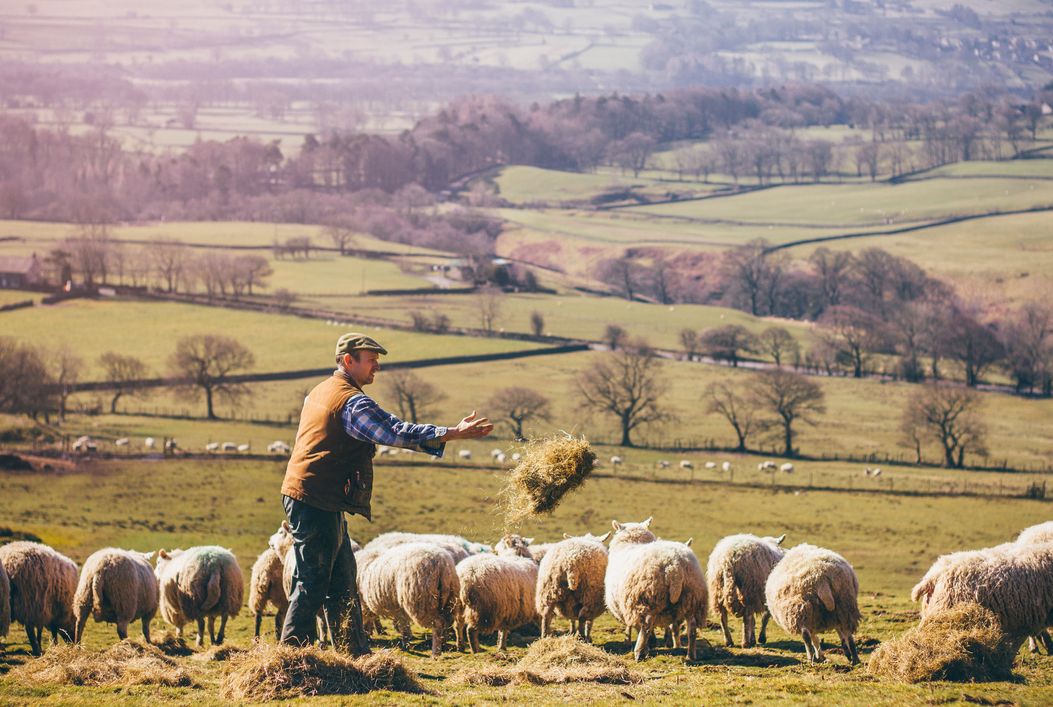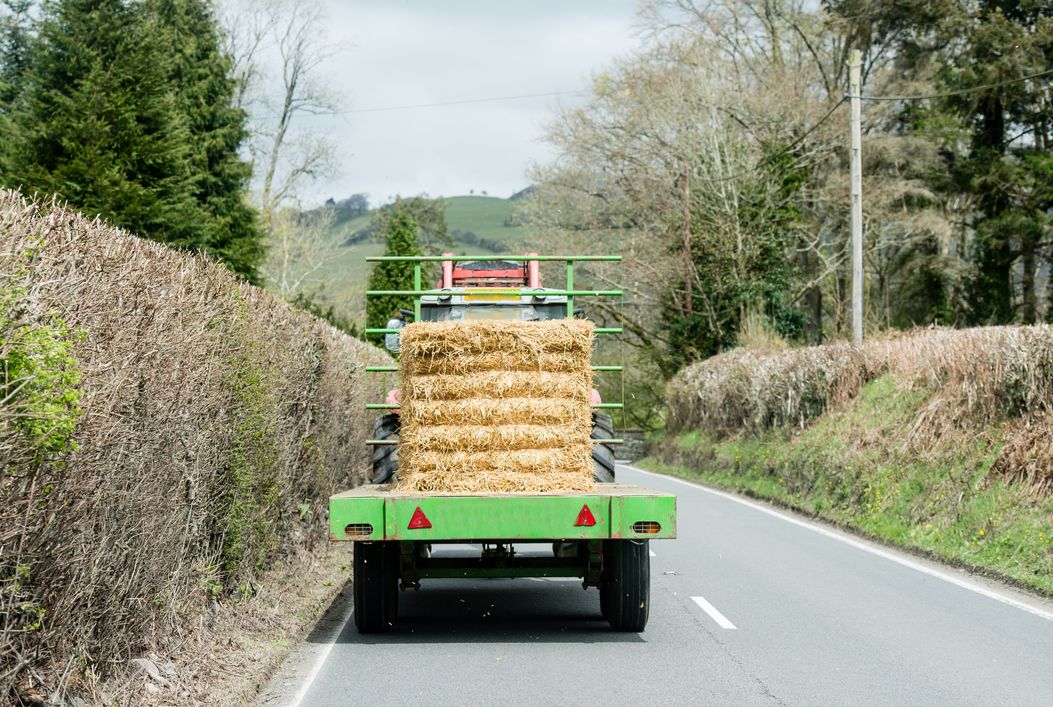As the temperature drops only slightly ahead of another predicted heatwave, those responsible for feeding the masses are struggling to even feed their own livestock.
Dairy farmers, lettuce producers and even Christmas tree suppliers are battling to control spiralling costs and current and predicted losses.
McClarrons look at the issues facing all types of agricultural businesses, and how the government and industry bodies are addressing them.
Livestock
Farmers are drafting in water tankers and tapping into their winter reserves to ensure their livestock are fed and watered as the prolonged warm weather continues to put a strain on other resources.
Areas of the country have experienced record highs this summer, which presents a problem for farmers who rely on healthy grass to sustain their herds.
Dwindling water supplies are also a cause for concern amidst temperatures in the early 30s, causing previously abundant sources such as boreholes, ponds and farm wells to run dry. As a result, some farmers are having to pay to bring in extra water from elsewhere or dig new boreholes.
The costs of maintaining a food and water supply which would normally be easy to come by is hitting farmers hard, particularly those with dairy cows.
While the welfare of the animals is paramount, the businesses themselves are walking on a financial tightrope as milk production drops off and money spend increases. As a result, one farmer has been forced to send milking cows to slaughter early, two of whom had aborted calves earlier in the summer due to heat stress.
Crops
It’s not only livestock farmers who are feeling the strain. The intense heat is also burning off crops, and while the colder climes of December may feel like someway off, Christmas trees are likely to be in short supply when the time comes as saplings die in the heat.
Meanwhile, at a time where consumers are turning towards lighter salads and vegetables to enjoy in the sunshine, lettuce and pea producers are warning of crop shortages.
At a time when all lettuces would usually be home-grown, the UK is now importing 30% due to the heat and lack of rain crippling ordinarily self-sufficient yields.
What’s being done to help
The crisis facing the agricultural industry is not going unnoticed. NFU has re-launched its free fodder bank service which allows members to find food for their livestock or others to sell any surplus in light of the problems brought about by the recent weather.
Environment secretary Michael Gove has also said the government would do “whatever it takes” to support farmers by maintaining food supplies.
“We will make sure farmers have what they need in order to provide us with high-quality food and ensure their businesses survive,” he said.
If you have concerns about how the current weather is impacting your business, talk to our experts at McClarrons to see how insurance can offer support.
Contact farm@networkportfolio.co.uk/mcclarroninsurance.com today for a complimentary review, or to discuss your current cover.



